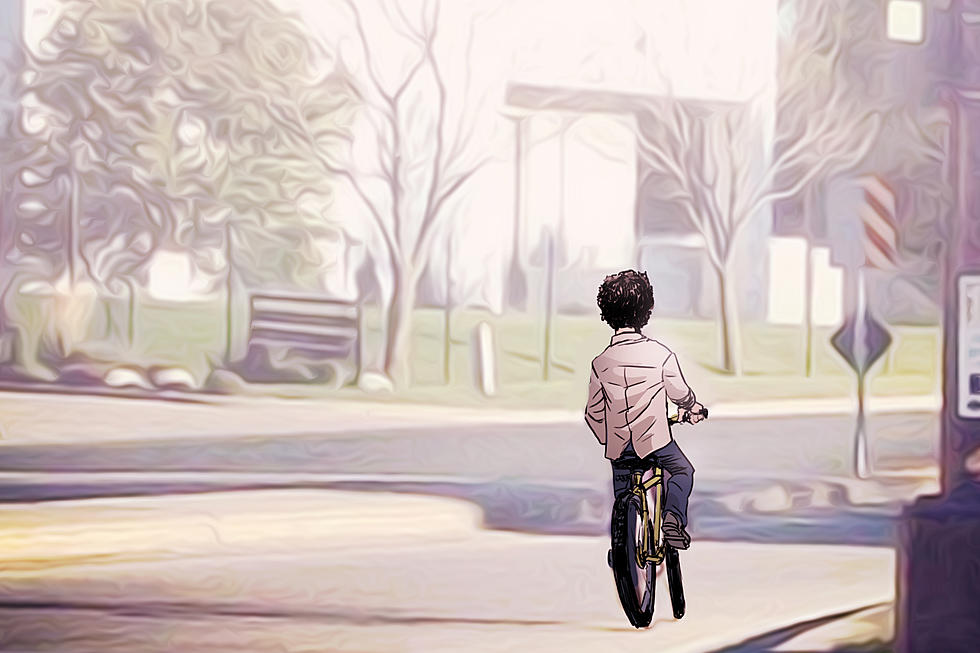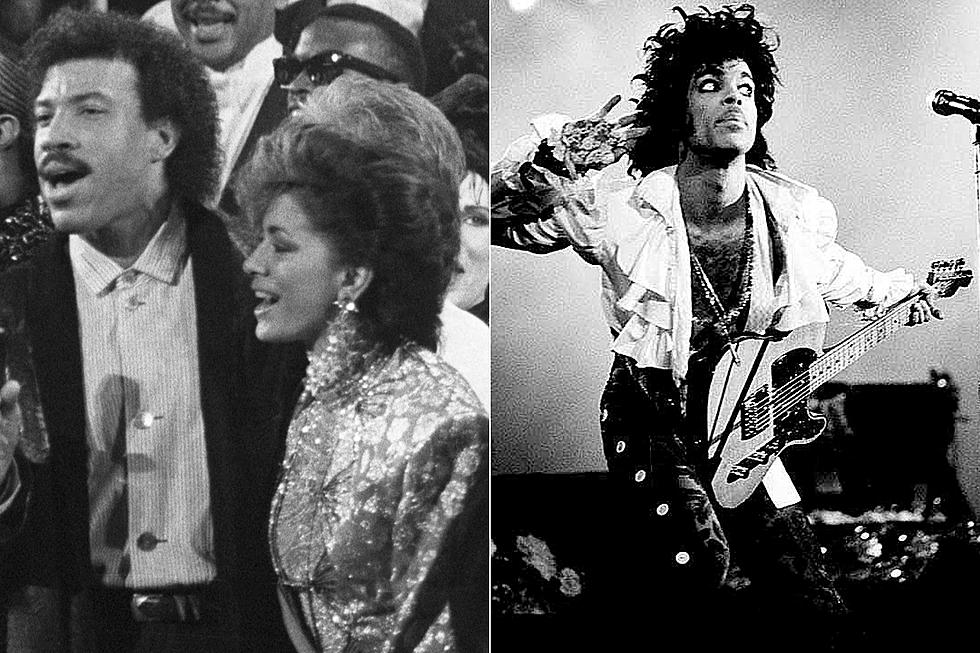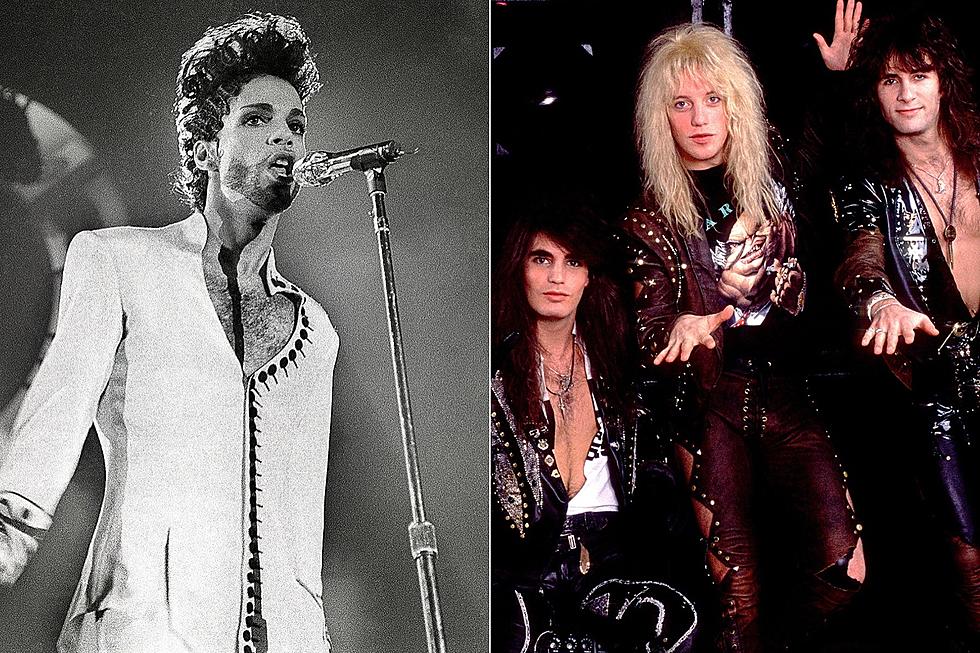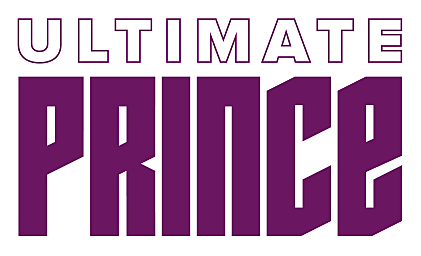
Prince’s Long Goodbye: What We Learned After His Death
The specter of death was following Prince around well before he died on April 21, 2016.
It showed up a week earlier when he overdosed on a flight from Atlanta to Minneapolis and had to be revived with a double shot of Narcan. It haunted him, with friends reporting he was saying things like perhaps he'd "done all he could on this Earth" and confessing he felt depressed and bored. Those are distressing words considering Prince had, up to the time he passed away, been performing solo on the Piano & A Microphone Tour and doing what he long loved most: playing music for a dedicated crowd of longtime fans. An investigation by authorities revealed that Prince reported being in a significant amount of pain and was self-medicating with opioids, not all of which were legally obtained.
Documents from the investigation into his death revealed that Prince struggled with excruciating pain and health issues for months. His longtime friend and right-hand man, Kirk Johnson, told police that he'd called his family physician, Dr. Michael Schulenberg, in the fall of 2015 to ask if he could see Prince. That appointment wouldn't happen until Johnson was forced to take Prince to see the doctor after he complained of dehydration, nausea, tingling in his arms, and numbness in one leg. It followed a similar incident a year earlier, Johnson said, during which he'd taken Prince to the emergency room.
Schulenberg gave Prince fluids, vitamin D, and medication for his nausea — all of which had a positive effect, and the artist said he felt better the following day. However, he was forced to cancel a pair of shows in Atlanta on April 7 while undergoing treatment. His representatives blamed it on the flu.
Prince rescheduled the Atlanta concert for April 14, and, ahead of that, Schulenberg did something illegal and against medical ethics: he prescribed 15 Percocet for Prince under Johnson's name. Schulenberg was operating under Johnson's request, which the latter man said was to protect Prince's privacy. What Johnson did not yet know was the extent of Prince's illegal use of opioids.
No one is entirely sure what Prince took the day his flight was forced to make an emergency landing because he refused all tests at Trinity Medical Center in Illinois, citing his desire for privacy and a wish to return home to Minneapolis. Still, the incident was an eye-opener to Johnson, who began to believe that Prince was in grave danger. He called a lawyer and labor activist who previously handled some business for Prince, Phaedra Ellis-Lamkins. She connected him to Dr. Howard Kornfeld, an expert on opioid addiction treatment. He was unable to come to Minneapolis and, in his stead, scheduled his son, Andrew, to discuss a treatment plan with Prince.
On April 21, 2016 - just six days after the plane incident - Prince was found dead in the elevator of his Paisley Park mansion. Carver County Sheriff Jim Olson confirmed that deputies responded to a 9-1-1 call 9:43AM that day. Prince was unresponsive; he was declared dead at 10:07AM, following attempts at lifesaving CPR. It was the same morning Kornfeld arrived to discuss a treatment plan to get Prince off opioids.
When he died, many people in Prince's inner circle would express their surprise to the police, recounting his devotion to being a vegetarian and not condoning drug use. However, Manuela Testolini, who was married to the musician from 2001-2006, told the authorities that Prince had been taking opioids for many years.
Following the release of the police report, Prince's heirs sued the Trinity Medical Center, alleging that he was improperly treated following his in-flight overdose. In the investigation, it was discovered that Prince was taking drugs obtained that he thought were Vicodin but were a street drug made mainly of fentanyl. Authorities suspect he mixed those pills with Percocet. The lawsuit alleged that the hospital did not correctly diagnose and treat the overdose and failed to investigate the cause or offer proper counseling. His heirs also sued Walgreens for filling a prescription for narcotics inappropriately and not conducting a drug utilization review.
After they closed the investigation, the authorities declined to charge anyone in Prince's death. The source of the counterfeit pills he was taking remains unknown. Schulenberg settled with the federal government in the investigation, admitting his role in prescribing drugs for Prince inappropriately. In exchange for his settlement, Schulenberg admitted no liability for Prince's death.
Following the release of the report on his death in 2018, Prince's family issued the following statement: "What happened to Prince is happening to families across America. The family wishes through its investigation to shed light on this epidemic and how to better the fight to save lives. If Prince's death helps save lives, then all was not lost."
Prince's estate is still not settled. He died without a will, and it is still being divided among his sister, Tyka Nelson, and five of his half-siblings and the companies they have signed portions of their estate rights to while the matter drags on in court. The Minneapolis Star Tribune describes it as "one of the largest and most complicated probate court proceedings in Minnesota history," with estimates of his net worth varying wildly between $100 and $300 million.
Prince left behind a reported 8,000 songs in The Vault, his recorded but never released works. Music manager and executive Troy Carter has been working with a team of archivists to put together projects since his death at the best of the bank that manages Prince's estate. So far, it's amounted to one new album each year since he passed. Those albums include the 1983 recording of Piano & a Microphone; Originals, a collection of the demos of songs he wrote for other performers; extended box sets for Purple Rain, 1999, Sign O' the Times, and the live box set Up All Night with Prince; the greatest hits compilations 4ever and Anthology 1995-2010; and in 2021 his estate will release political-themed album Prince recorded in 2010 but never dropped, Welcome 2 America. The estate has also turned Paisley Park into a museum that is open to the public and made all of his music available on streaming services, which was against his express wishes while he was alive, in the name of generating income to pay hefty taxes.
Prince Magazine Covers: Tributes From Around the World
More From Ultimate Prince









